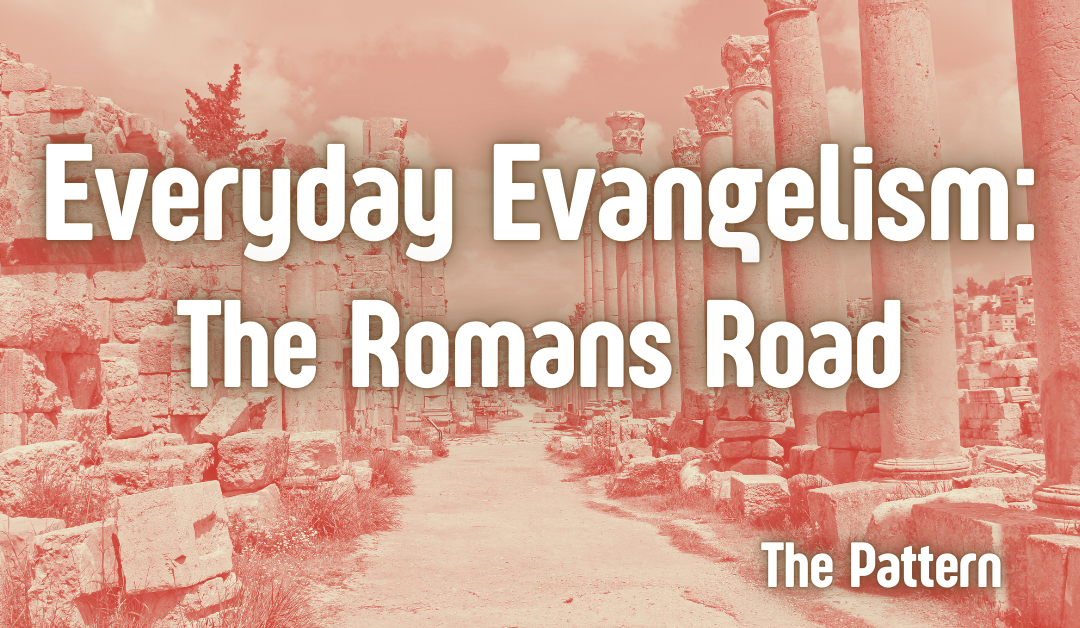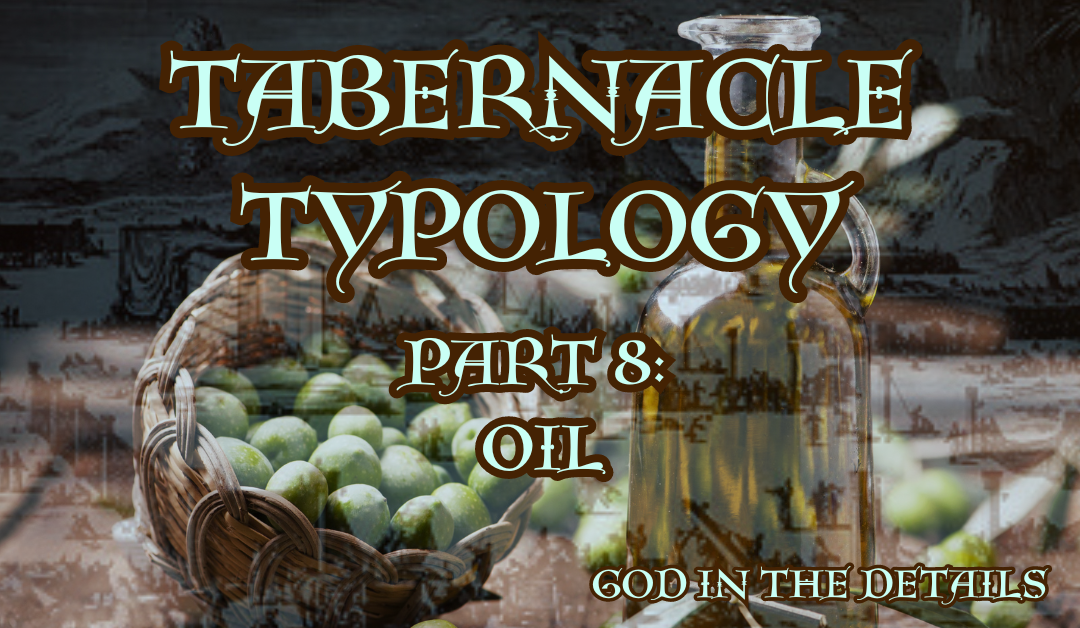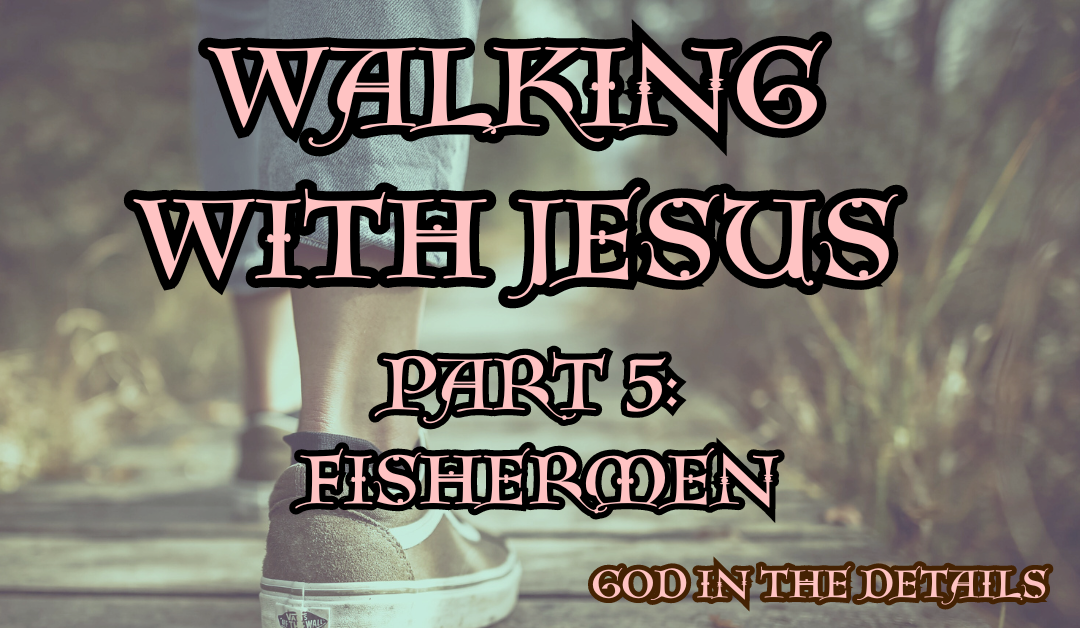
Everyday Evangelism: The Romans Road
“How do I lead someone to the Lord?”
This is by far one of the most common questions I get asked in my ministry to young believers.
And while this seems like a daunting task, it is actually quite simple. There are so many methods and techniques available to every day believers – and here I will present one of the simplest.
It is called the Romans Road to Salvation.
We have all given directions to somewhere – whether to the post office or the local mall, or even our own home – and we usually rely on landmarks to do so. “Turn left when you get to the big tree, through the red gate and past the old school…” Landmarks make it easy to tell others how to get where they are going.
And just like that we are going to use the book of Romans to guide our listener towards Jesus – guiding them along this road through Romans, the Romans Road, we are going to present our brothers and sisters with some landmarks to help them find their way from lost to found.
With only a handful of verses in your back-pocket you too can become an every day evangelist.
Landmark 1: ”We are all lost…”
Key verses: Romans 3:10, 3:23 and 6:23
The Bible teaches us that no-one is righteous – not even one ((Romans 3:10). All of us have sinned, and continue to sin, falling short of the glory of God (Romans 3:23).
This sin is very much a separation between us and God – like a huge wall or a wide chasm. Our sin separates us from God.
His plan for us, from the very beginning was life. Romans 6:23: tells us that the wages of sin is death – eternal death and separation. Besides this, our sin also has very real consequences for us in our current life. It kills relationships, friendships and marriages – it kills our finances – it can even kill us.
Sin is bad and the consequences are bad.
And we all are guilty – all of us deserve what is coming to us. But there is hope.
Landmark 2: “There is hope in Jesus.”
Key verses: Romans 6:23, Romans 5:8
Romans 6:23 tells us that the wages of sin is death – but it also tells us that the free gift of God is eternal life through Jesus Christ.
Romans 5:8: gives us this wonderful news – that while we were still sinners, Christ died for us! He shed His blood upon the cross, giving His life for us, so that the death warrant of sin would be torn apart!
His blood justifies us! Frees us of the bondage of sin and fear! And calls us to be children of God!
Landmark 3: “Do you want to be free?”
Key verses: Romans 10:9-10, Romans 10:13
This freedom is available to you today. And it will cost you nothing more than a decision. Jesus already paid – it is yours – you just have to collect it!
John 3:16 says that God so loved the world that He sent Jesus to die for us! So that every single person – no matter what they have done or where they have been in life, might be saved if they call on His name!
And calling on His name is really easy.
Romans 10:9-10: says the following: If you declare with your mouth, “Jesus is Lord,” and believe in your heart that God raised him from the dead, you will be saved. 10 For it is with your heart that you believe and are justified, and it is with your mouth that you profess your faith and are saved. (NIV)
Romans 10:13 tells us that everyone who does this – everyone who calls on Jesus will be saved.
You just need a mustard seed of faith in your heart, and just confess it with me today – and you will be saved!
Landmark 4: The Result
Key verses: Romans 5:1-2, Romans 8:1
If you can muster up just that little bit of faith and courage to choose Jesus today something wonderful will happen.
Romans 5:1-2: Therefore, since we have been justified through faith, we have peace with God through our Lord Jesus Christ, 2 through whom we have gained access by faith into this grace in which we now stand. And we boast in the hope of the glory of God. (NIV)
First of all, you will be justified. This means that all of your sins will be washed away and you will be clean before the Lord. The death warrant against you, the result of sin, will be torn up. You will be made new.
Romans 8:1 tells us that there is no condemnation for those who are in Christ.
This justification means that you can step into newness of life – a freshness – you can be renewed and restored today.
Secondly, you will be at peace with God – no longer separated from Him by your sin and shame, but walking with Him, and Him with you.
Lastly, through making peace with God, justified through Christ Jesus, you will be born again into His family – a child of God, and your inheritance will be eternal life. This means that one day, when all is said and done, I will see you there in Heaven!
If you want this today, let’s pray together:
Lord, I know that I am a sinner and that the wages of sin is death. I believe today that You died for me on the cross, so that I might be free of this sin and the death that comes with it. Right now I believe in my heart and confess with my mouth that Jesus Christ is Lord, that He died for my sins, and that through His blood, His death and His resurrection I am saved. Thank you Jesus for Your love, Your grace, Your mercy, peace, and this great gift of eternal life. In Jesus Name. Amen.
NEXT STEPS:
It is important that we don’t just leave the person at this point and move on to the next. Jesus calls us, not just to lead people to Him, but to make disciples! Remember to always provide your brother or sister with a way forward – details for their local church or a number they can call or even text. The person you have led to Jesus is now a newborn Christian, and newborns Christians – just like new born babies, need care and support. Make sure you lead them, not only to Jesus, but also to a place where they can grow in their newfound relationship with God.


